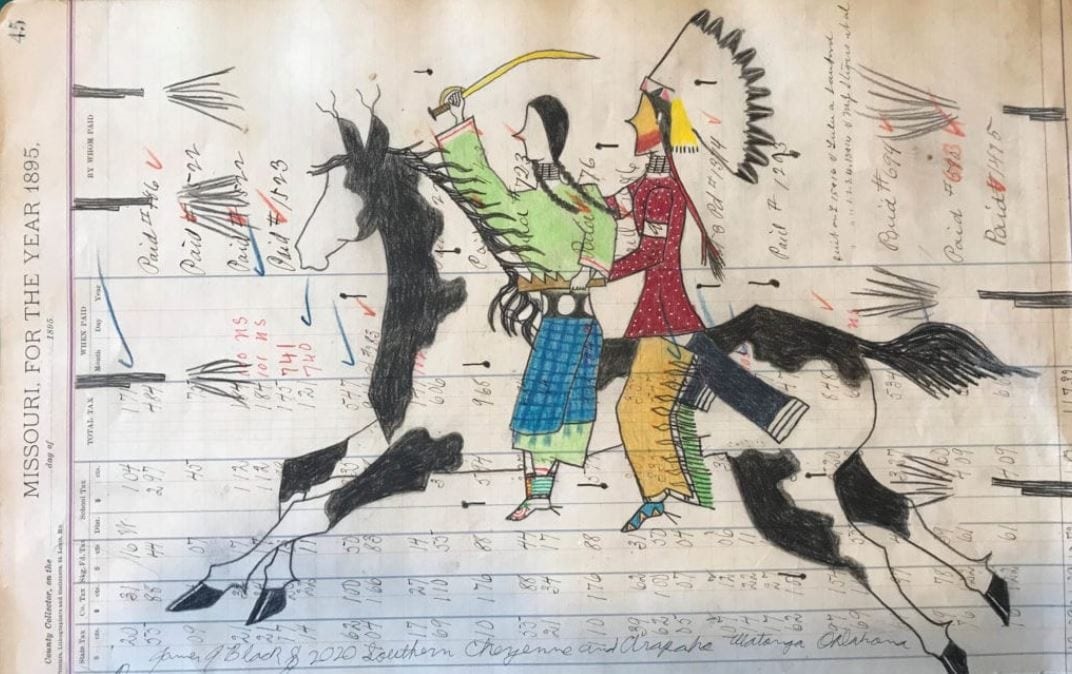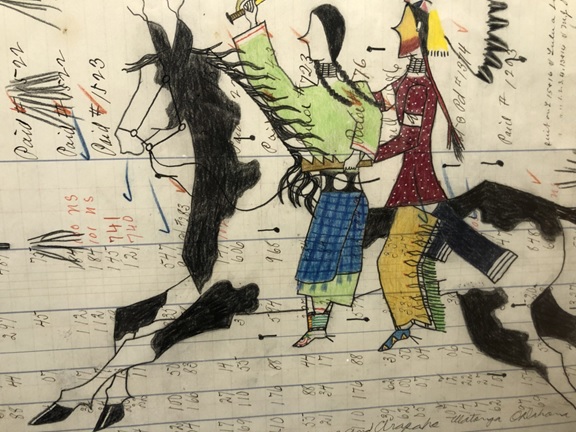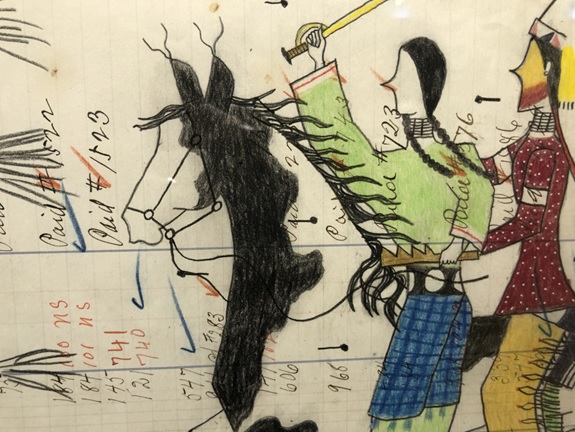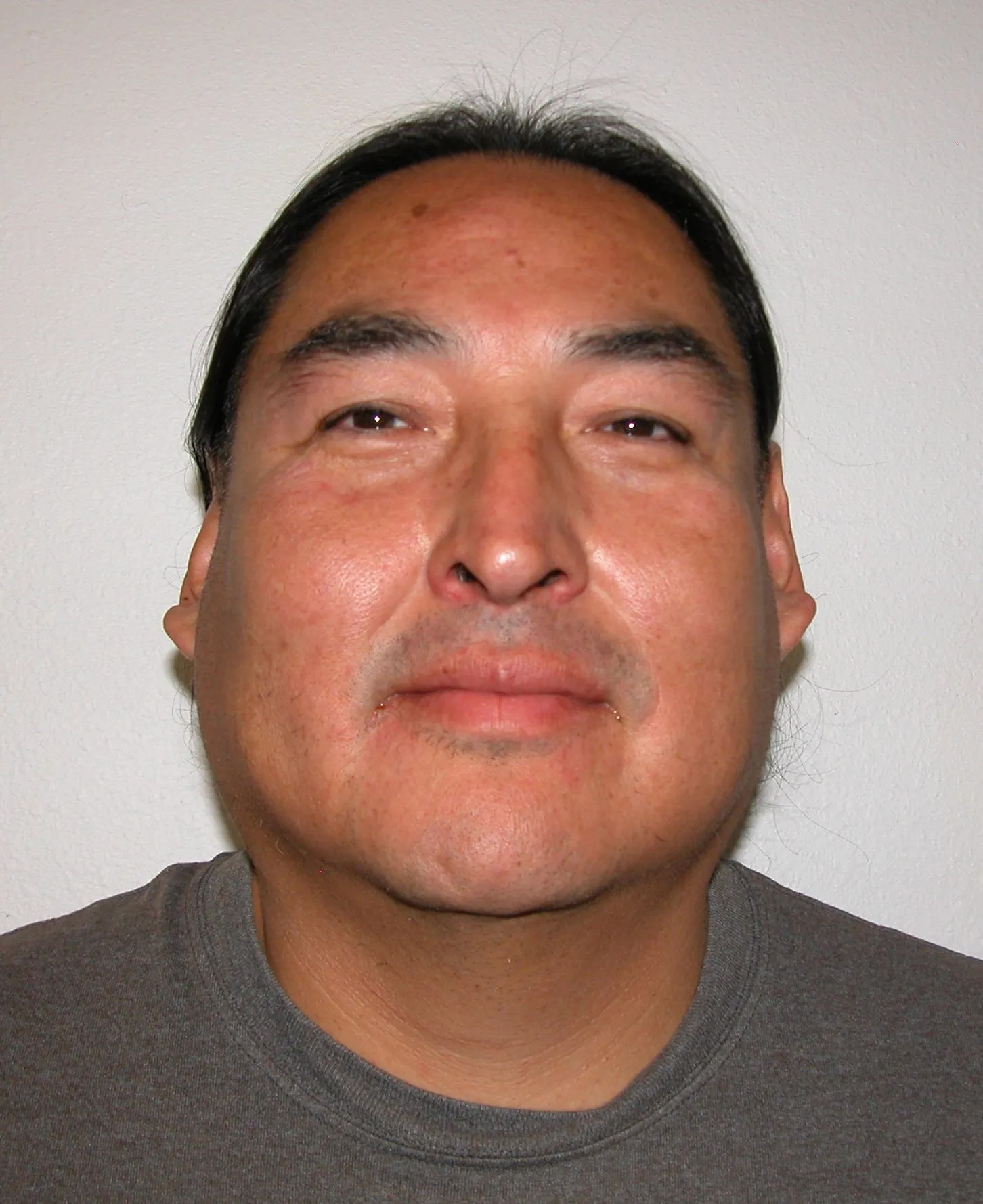Jonathan Fink
My youngest daughter does not know
that each tree ring marks a year of growth
when she selects a piece of scrap wood
from the sawdust and shavings
that have covered our back patio
and carries the board inside to color
the rings revealed by the saw blade,
my daughter filling the arching semicircles
until a rainbow appears as her sisters
lay other scraps across the floor to make
a path on which to leap from board to board
to furniture and back again in a game,
I imagine, every child in history has played,
the game requiring only the belief
that the ground is not as solid as it seems,
that a misstep or tip of balance will lead
to peril, whether lava or river or canyon below,
even though, while laughing, they jump again,
shrugging off each demise, protesting
only when I collect the boards
and insist that the world be ordered
over their appeals to fairness,
the mantra of childhood, to which
I and every parent I know responds,
Who says the world is fair? mostly resisting,
though sometimes not, to itemize,
while wielding a clothes-less Barbie
or broken toy like a judge’s gavel,
every slight from work and love
and politics both foreign and domestic
as the neighbor’s dog howls at the burgeoning
moon and the kids give each other that look
meaning, What’s got into dad—all we meant
was we were having fun? which is when
I see myself reflected in the glass
of the patio sliding doors and realize
how large I must seem to them,
large, though clearly not authoritative,
as the youngest starts spacing
the boards again behind my back,
and I lift one and point to the rings
in the grain, and say, see, this too
was once alive, how, though rooted,
it turned it leaves to the warmth of the sun
and drew water from the earth, its limbs
not unlike yours when you lift the hems
of your skirts to hop through puddles,
or wave to me from the treehouse
we are building together, a project begun
before the passing of their grandmother
though intersecting now with her loss
as grief permeates all things, and they ask
the questions one would expect
(if she looks down on them from above
just as they, from the tree, look down on me)
and the questions one doesn’t expect
about how the tree feels holding
the remains of another tree in its limbs,
transformed, though it is, to a house,
and I tell them trees aren’t capable
of abstract thought or have feelings
like we do, though what do I know,
thinking of Michelangelo’s Pieta,
and Mary, though stone, holding
her deceased son, and how the body
is itself a house of memory and love
and loss, as my wife and I explained
to our daughters, that the sadness they feel
is sadness, yes, but also love transformed,
that grief is love for the one who was lost,
just as my wife expressed on the day
before her mother died, after a month
of hospice at her mother’s home and the gift,
my wife said, to be there with her,
to measure and administer the morphine
when the great pain came, when any touch,
even a blanket, became unbearable,
to honor the effort at the end for her to stand,
holding to the walker, and request what would be
her final bath, and my wife, afterwards,
drawing a comb through the fineness of her hair,
never more beautiful, my wife saying
that night, and again the next day
even after the workers had come so quickly
to take her, to gather and remove
any remaining meds, count every pill
as her final breath still hung in the air,
and our daughters cried unceasingly
so that when, that night, we drove away,
the trees that lined the road seemed to bow
to the car, to lift their limbs in the breeze,
the undersides of their leaves lighter
than the backs, like the palms of hands,
which, I believed, if they could,
they would place on our car, on the shoulders
of my wife, or interweave their limbs
as a canopy above us, their petals
below, and the road would no longer
be a road but a tunnel, to where it ascended
I did not know, only that we were
like breath released at last from the throat,
becoming the words we were unable to say.



 James Black
James Black Shann Ray
Shann Ray